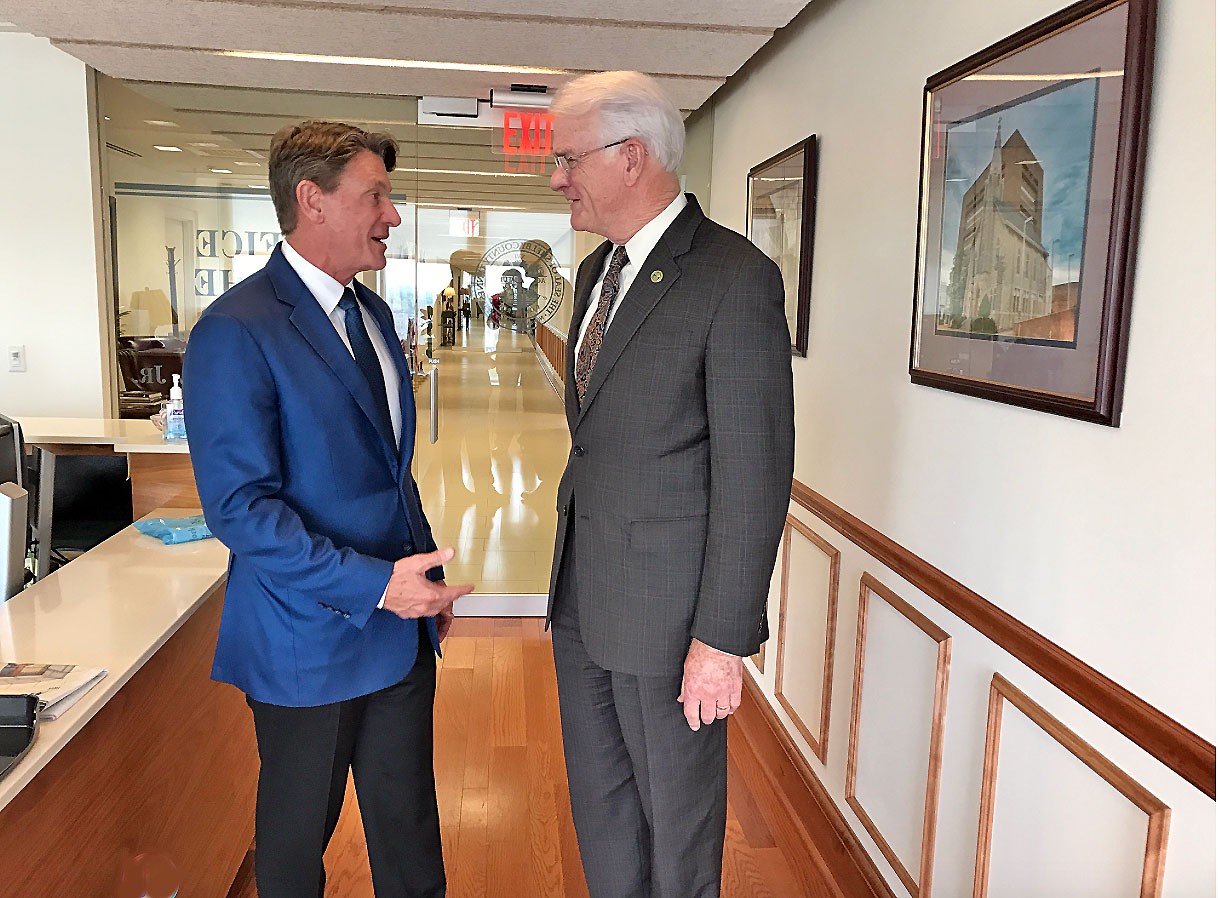Tennessee’s high school graduates are headed to college at an increasingly higher rate, the Tennessee Higher Education Commission announced. The THEC said this is the largest “year-over-year” increase since 2015, when the Tennessee Promise scholarship was introduced.
This announcement is the result of a collaborative goal from THEC and other state partners to make a “Momentum Year” for the class of 2023. According to Steven Gentile, THEC executive director, they wanted to encourage more adults to enroll in higher education through Tennessee Reconnect, a return to higher education initiative.
“It is gratifying to see those efforts pay off in helping even more Tennessee students and adult learners pursue their dreams and careers with college degrees and workforce credentials beyond high school,” Gentile said.
THEC’s college-going rate shows the percentage of public school students who enroll in postsecondary education after high school, officials said. 56.7 percent of the class of 2023 will attend college in the fall, a 2.4 percent increase from 2022.
Shelby County’s graduating class of 2023 consisted of 8,557 people, the largest class in the state, and had a college-going rate of 52.8 percent. While this rate was lower than the state average, it increased by .5 percent from 2022.
Memphis Shelby County Schools (MSCS) said after further research that they did not have specific information on MSCS’ college-going rate, acceptance rate, or impact on dual enrollment as it relates to this report.
While the commission celebrated a state-wide increase in college going, their report Tennessee College Going and the Class of 2023, showed certain trends for some racial demographics and gender pairings. They group found that white females, hispanic males, and females identifying as “other” saw growth above their state average.
The report also showed that students who participate in dual enrollment courses contributed to high college-going rates. They also found that while the number of college-bound students enrolled at in-state public schools decreased, they found that-out-of-state students enrolled in schools.
THEC said this growth is a “positive outcome,” however they highlighted that there was opportunity for growth when examining “economically disadvantaged” students, who enrolled in school at lower rates.
“Economically disadvantaged is a designation used at the K-12 level to indicate socioeconomic status and includes students who are in foster care, homeless, migrant students, runaway students, and students who participate in federal/state income/nutrition programs,” THEC said.
Students in this category contributed to a 39.3 percent college going rate, while non-economically challenged students saw a 65.3 percent college rate.
This report not only measured the rate at which students enrolled in post-secondary education, but it also looked at barriers preventing students from doing so such as navigating the new Free Application for Federal Student Aid (FAFSA.)

 JB
JB